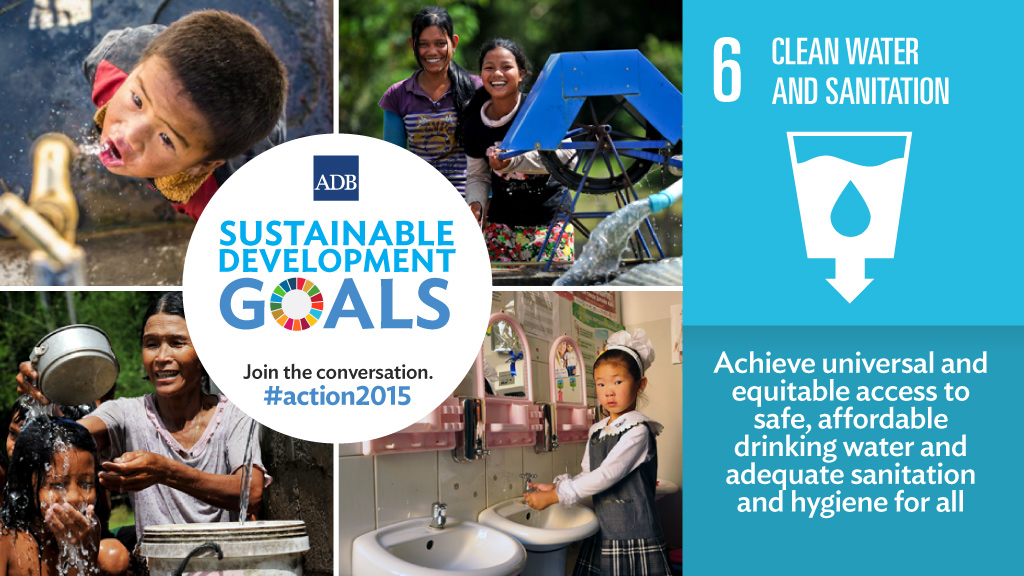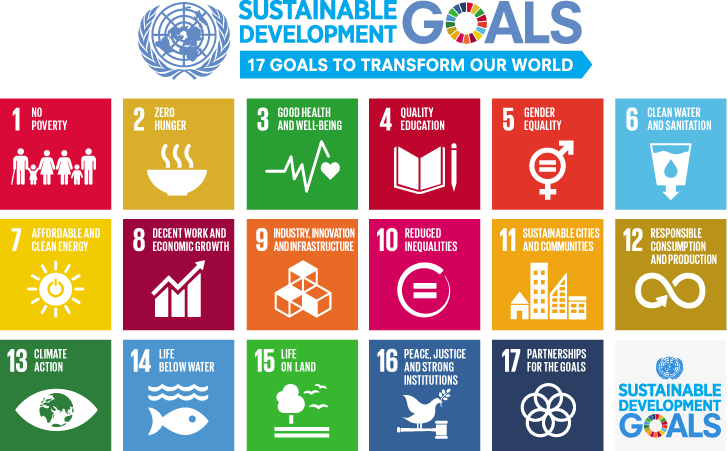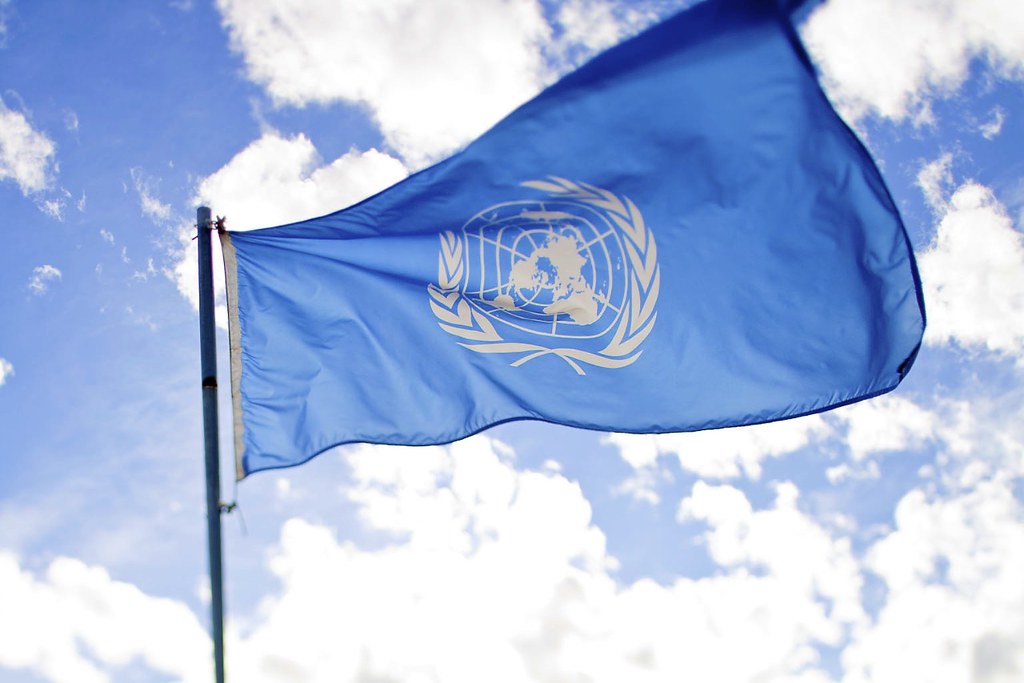Sustainable development is defined as “development that meets the needs of the present without compromising the ability of future generations to meet their own needs.” The concept of needs goes beyond simply material needs and includes values, relationships, as well as the freedoms to think, act and participate – all amounting to sustainable living, morally and spiritually.
It is such a crucial subject that in 2012, the United Nations met to discuss and develop a set of goals to work towards. The Sustainable Development Goals (SDG) eventually came up with a list of 17 items that included, amongst other things:
- the end of poverty and hunger
- better standards of education and healthcare, particularly as it pertains to water quality and better sanitation
- to achieve gender equality
- sustainable economic growth while promoting jobs and stronger economies
- sustainability to include health of the land, air and sea
As this is an issue that all countries are facing and we all want to leave a better world for future generations, here are a few tips on how each and everyone can contribute to save our planet.
-
Good Health and Well-Being
This refers to reducing the number of global deaths and injuries from road traffic accidents.
– Don’t drink and drive
– Lower the speed while driving
– Drive considerately
-
Responsible Consumption and Production
This refers to reducing the global food waste at the retail and consumer levels and reduce food losses along production and supply chains, including post-harvest losses.
– Don’t “overbuy” – plan meals and use shopping lists
– Freeze fresh products and leftovers if you don’t have the chance to eat them before they go bad
– Eat less meat, poultry and fish. Producing meat takes a lot more resources than producing plants.
– Buy and eat seasonal produce from local growers
-
Reduced Inequalities
This refers to empowering and promoting the social, economic and political inclusion of all, irrespective of age, sex, disability, race, ethnicity, origin or religious belief.
– Don’t be judgmental to differences but be open-minded
– Embrace differences and learn from people different than you
– Be helpful, be a friend and take your time to listen to peoples’ different opinions and situations
-
Responsible Consumption and Production
This refers to substantially reducing waste generation through prevention, reduction, recycling and reuse.
– Donate what you don’t need – clothes, books, furniture or food. By donating, you also contribute to other goals aiming towards no poverty, zero hunger and reducing inequalities.
– Shop second-hand or trade clothes with colleagues, friends or family
– Use refillable water bottles and coffee cups
– Use reusable cloth bags rather than plastic
-
Decent Work and Economic Growth
This refers to drastically reducing the proportion of youth not in employment, education or training.
– Encourage youth to work and get an education
– Provide jobs, trainee spots and internships
– Inspire youth by showing the value of having a job, earning your own money and being able to provide yourself and your family
– Show value in contributing to society
-
Clean Water and Sanitation

This refers to achieving universal and equitable access to safe and affordable drinking water.
– Convince your company to commit to a water, sanitation and hygiene pledge (WASH). This will not only help keep your community clean but set a standard and expectation for others to follow, including your competitors.
-
Sustainable Cities and Communities
More and more people are packing into urban areas each year. The sustainability of cities is vital to the future of humanity but they are eating up our natural resources. As big consumers of energy, businesses can take the lead in reducing energy consumption by investing in renewable energy resources such as solar, wind and biofuel.
As we move forward, we can all continue in our resolutions for the new millennium – ensuring that no one is left behind on the way to a safer, happier future.
What is your way of contributing to the goals? Share your thoughts in the comment section below because there is no such thing as too many ideas when it comes to making the world a better place.




